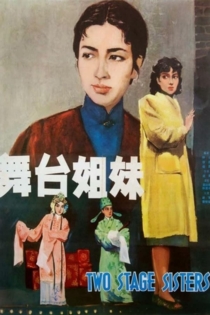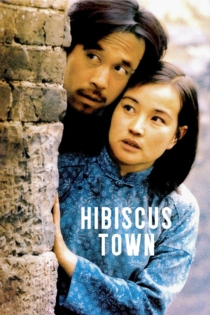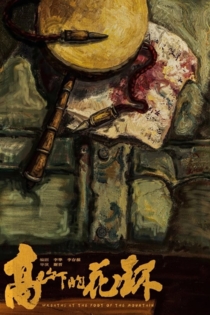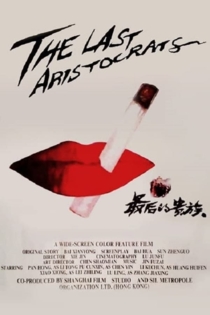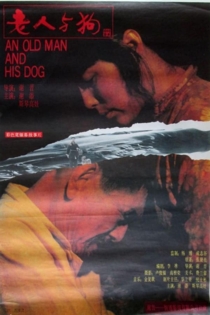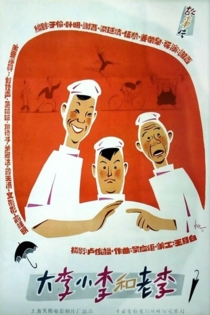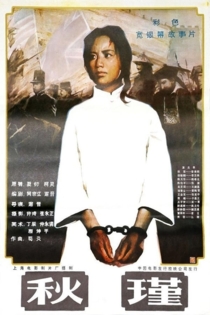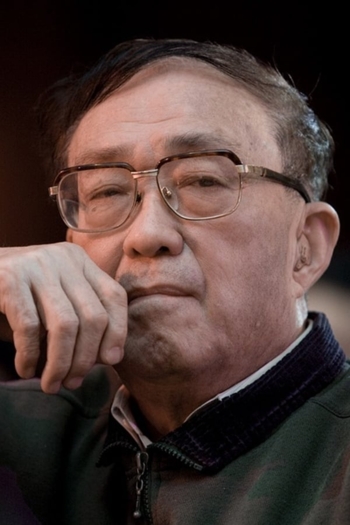
Jin Xie
1923 - 2008Visions Cinema: Cinema in China - An Account by Tony Rayns
Ron Orders
Tony Rayns, Sun Yu
History of filmmaking in China from its beginnings in the 1920s to 1982, featuring Shanghai cinema of 1930s; the progressive filmmakers; the organisation of filmmaking under the post-war communist government; the impact of the Cultural Revolution; the work of Xie Jin.
Visions Cinema: Cinema in China - An Account by Tony Rayns
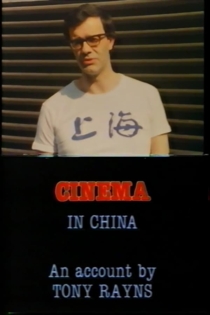
The Story of Film: An Odyssey
Mark Cousins
Mark Cousins, Jean-Michel Frodon
Эпическое путешествие по мировыми столицам от Болливуда до Голливуда, это «золотой век» 20-х годов и появление звука. Это истории секса и мелодрамы в 50-е и великие кинозвезды 50-х и 60-х, масштаба Федерико Феллини. Это американский кинематограф 60-х и 70-х, когда режиссеры пытались изменить мир, появление картин «Звездные войны», «Челюсти» и «Изгоняющий дьявола». Это 80-е, время протеста в кино, новый «золотой век» 90-х и появление новых звезд на небосклоне в наше время.
The Story of Film: An Odyssey

清凉寺的钟声
Jin Xie
Pu Cunxin, Komaki Kurihara
In 1945, Japan is defeated in its war of aggression against China. During a panic retreat, a baby boy is abandoned, but is adopted and grows up to become and eminent monk. Thirty years later, he visits China and meets his real mother who is now elderly and weak.
Bell of Purity Temple
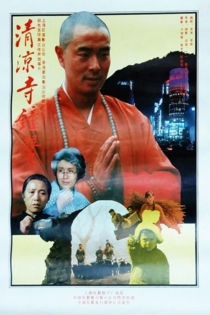
牧马人
Jin Xie
Zhu Shimao, Cong Shan
In 1980, Xu Jingshan, a wealthy Chinese-American businessman returns to China to find his son, Xu Lingjun, whom he had abandoned over 30 years earlier. Labeled a rightist because of his capitalist father, Lingjun has been forced to live as a humble herdsman on the grasslands. His bitter life has been transformed by a happy marriage to the wise and beautiful Xiuzhi, and more recently by his rehabilitation by the Party. When he goes to Beijing for their reunion, he discovers his father wants him to work for his chemical company in San Francisco. Lingjun tells the story of his life to his father, as he ponders his future.
The Herdsman
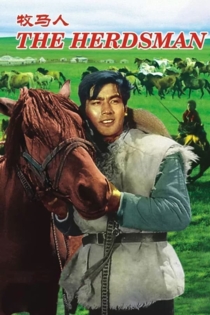
天云山传奇
Jin Xie
Wang Fuli, 石维坚
When Song Wei's fiancee Luo Qun is denounced as a right-wing traitor by Party official Wu Yao, he is sentenced to ten years' hard labor. Song Wei breaks off her engagement, and eventually marries Wu Yao. Years later, after the Cultural Revolution, political currents have shifted; Song Wei demands that her husband, now a powerful Party official, seek Luo Qun's rehabilitation, but Wu Yao has no desire to open up old political and emotional wounds.
Legend of Tianyun Mountain
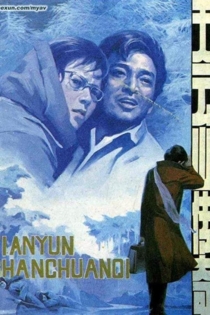
啊!搖籃
Jin Xie
Zhang Yu, Xiaoqing Ma
In the early period of China's War of Liberation the Yan'an Nursey which housed the children of the revolutionary fighters had to be evacuated. Li Nan, an army instructor, guides the group of children to the liberated area in the Taihang Mountains and their parents. Made to mark International Children's Year.
The Cradle
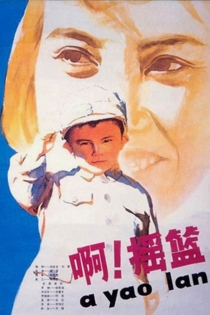
红色娘子军
Jin Xie
Zhu Xijuan, Wang Xingang
Qiong Hua is a slave girl of Nan Batian, a big landlord in Yelinzhai Village on Hainan Island. She has tried many times but cannot escape from the landlord's cruel oppression. Later, Nan Batian jails her in a water dungeon. Hong Changqing is the Party representative of a red detachment of women. He disguises himself as a wealthy businessman residing abroad and comes to her rescue. He pretends to buy Qiong Hua to be his slave, saves her from the abyss of sufferings, and instructs her to join the red detachment of women. At the outset, Qiong Hua joins the revolutionary rank to settle her personal grudge. Educated by Hong Changqing, she becomes a conscientious revolutionary fighter.
The Red Detachment of Women
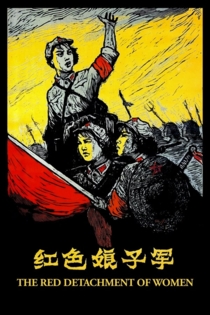
男生女相:華語電影之性別
Stanley Kwan
Chang Cheh, Chen Kaige
This highly personal film essay demonstrates that Chinese cinema has dealt with questions of gender and sexuality more frankly and provocatively than any other national cinema. Yang ± Yin examines male bonding and phallic imagery in the swordplay and kung fu movies of the '60s and '70s; homosexuality; same-sex bonding and physical intimacy; the continuing emphasis on women's grievances in melodramas; and the phenomenon of Yam Kim-Fai, a Hong Kong actress who spent her life portraying men on and off the screen.
Yang ± Yin: Gender in Chinese Cinema
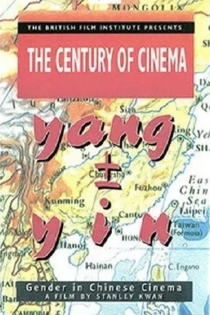
女儿谷
Jin Xie
Zhao Wei
This is a story about seven female prisoners each with different backgrounds, living within the one prison. At the beginning of the story, a new inmate Ding Qing Er arrives with tears streaming down her face, but told that it's too late to cry. The story continues to slowly reveal the lives of the female prisoners, and each of their struggles to have ended up where they are today. There's the mother who's husband keeps giving false promises of taking her and her child to America; the prostitute who was raped; the lesbian who was given up and betrayed by the Red Army; among others, and there's also Qing Er, who is in jail for theft after stealing costly medicine from the hospital for her dying husband. Through the lead of each other and also the kind hearted guards, they learn to form an unbreakable bond, and a way of dignity.
Penitentiary Angel
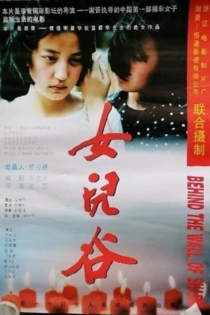
舞台姐妹
Jin Xie
Xie Fang, Cao Yindi
In pre-revolutionary China, two young girls, Chunhua and Yuehong Xing, rise through the ranks of Chinese opera, but with their artistic success comes a new series of personal and social challenges. After they're sold to a Shanghai opera and the revolution dawns, Yuehong radicalizes and devotes her career to politically progressive performances, while Chunhua flees to avoid turmoil. As the world changes around them, they fight to maintain their friendship.
Two Stage Sisters
